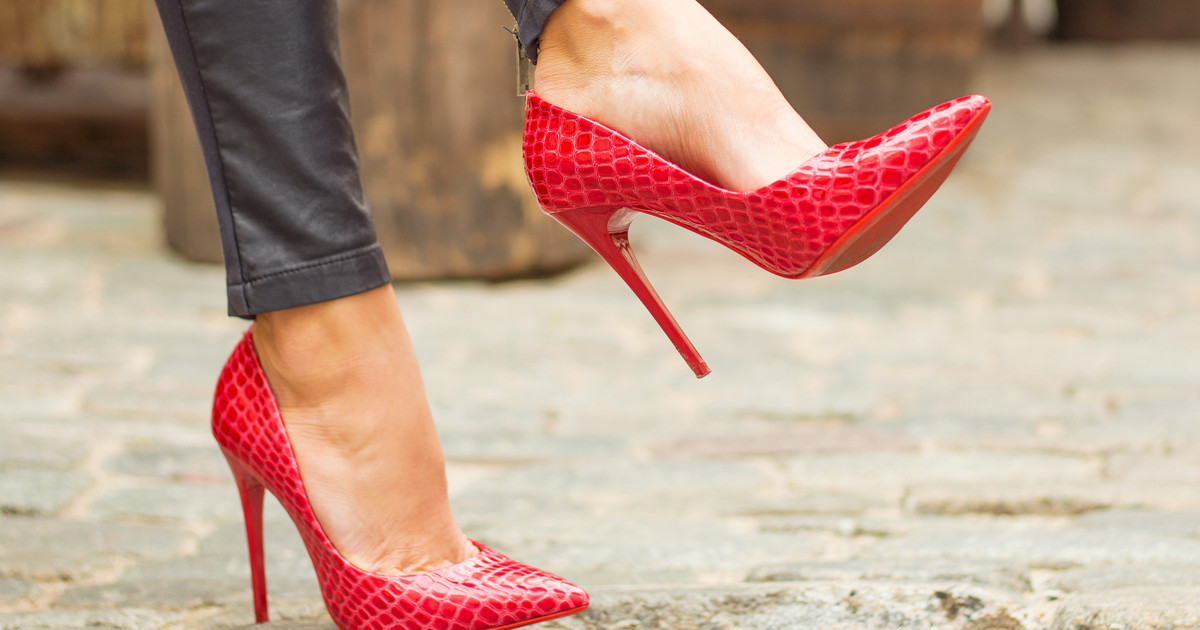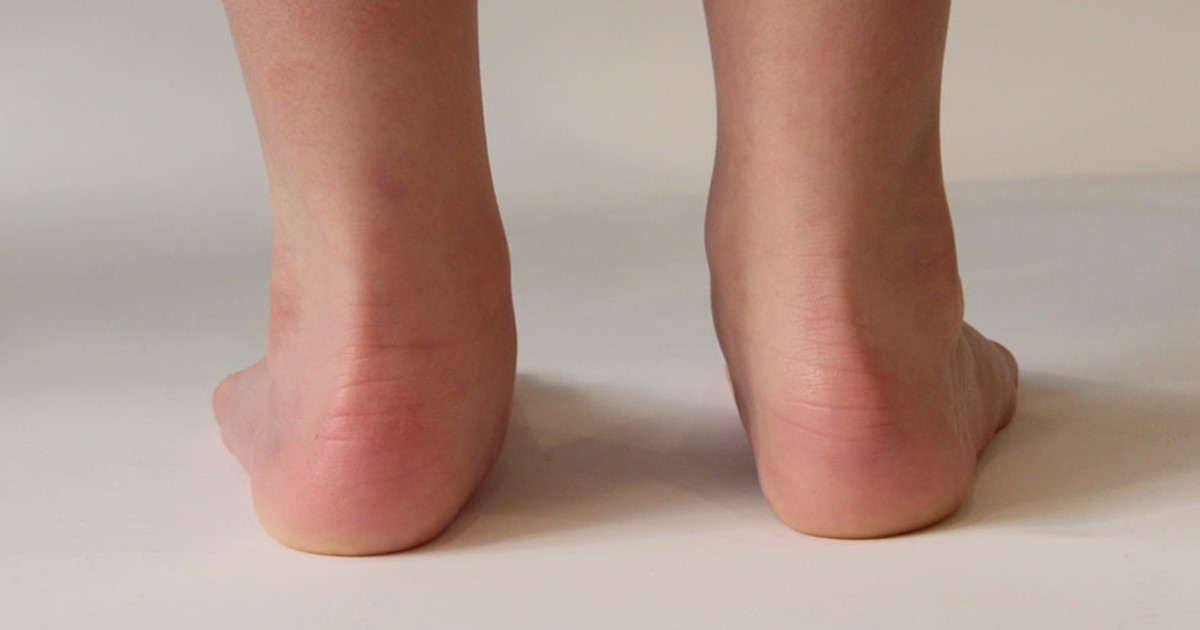Guide To The Causes And Complications Of Bunions
Foot Type
The type of foot an individual has seems to play a role in the development of bunions. Individuals may be more susceptible to developing a bunion due to genetics. Some are also just born with a bunion because of how their foot is formed. If an individual had a parent who developed a bunion, they often have a higher risk of developing one as well. The reasoning for this is not one hundred percent clear. One theory is that some individuals have bones that can shift more easily than others, particularly in the foot.
Another theory is that some individuals might have feet that are not easily shaped for most footwear. Individuals may need to get specialized footwear or take more care with where they shop to avoid developing a bunion. Individuals with wider feet may be more susceptible to developing a bunion if they do not specifically buy wide shoes. Wide-set toes are more likely to be compressed by regular and narrow shoes, particularly if they are wearing footwear like high heels. Many shoes women wear professionally in the office can increase the chances of developing a bunion.
Continue reading to learn about more causes and complications of bunions now.
Wearing Ill-Fitting Shoes Or High Heels

A major risk factor for the development of bunions is wearing ill-fitting shoes or high heels. In some cases, individuals may be wearing ill-fitting high heel shoes. An individual’s toes are forced to the front of high heel shoes. The front of these shoes often compresses the toes, particularly when individuals are wearing pointy-toe high heel shoes. Unfortunately, this crowds the toes. This is a common effect of ill-fitting shoes as well. Shoes that are too narrow, tight, or pointed put more pressure on the feet and toes. Ultimately, this pressure is what can injure the foot and increase an individual’s overall risk of developing bunions.
Get more information on the causes and complications of bunions now.
